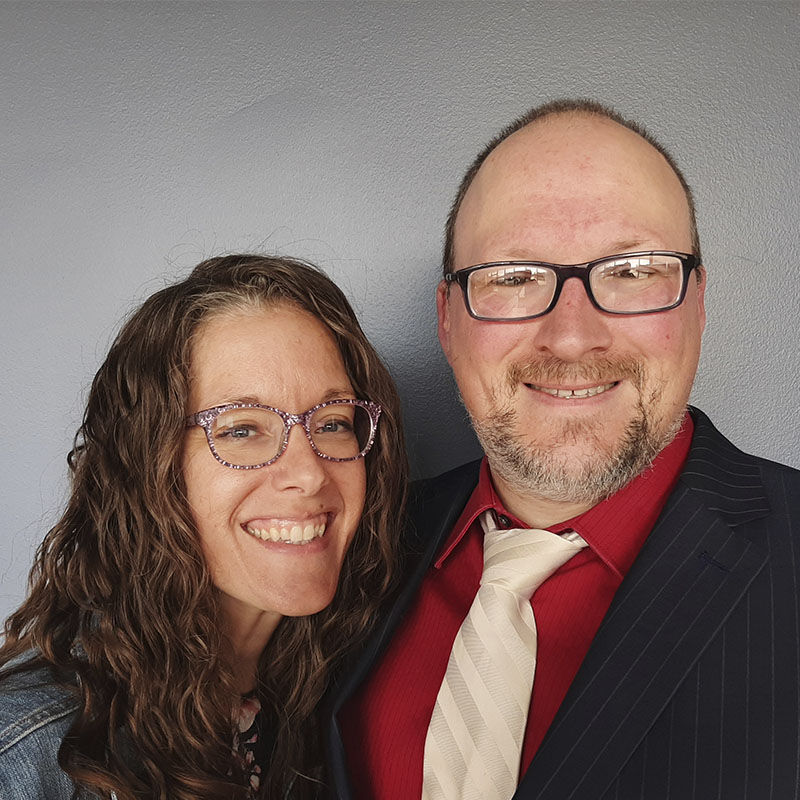The Five Rs of Healing Relationships: Repent
After we recognize that we share the blame for damage done to a relationship, it’s our responsibility to act. We must work to turn the situation around if we want the relationship to survive.

The first R of the series, Recognition, can be rendered completely meaningless if it’s not followed by some sort of action. Think of some examples of recognizing a problem without any follow-up action:
- My hand is on the hot stove. It is burning my flesh. Ouch. “Tra la la doo be doo.”
- That is an enormous tidal wave coming. I see shelter over there. Whistling.
- The traffic light just turned green. I’m standing in the middle of the intersection. Oh well.
We recognize these as ludicrous examples of recognizing an issue, but doing nothing.
However, for some reason, when it comes to relationship problems, we often do just that: nothing. We may try the silent treatment or keep our distance, hoping the issue will just fizzle out on its own after time. We may pretend as though nothing happened and keep going as if everything is the same as it always was (key word “pretend”). We may keep defending our position and further the damage and divide.
Or …
We could repent. We could take responsibility for our actions, words or underlying attitudes that contributed to the breach. To be most effective, this process should start by repenting to God.
Repenting to God
God has a lot to say about human relationships in His Word, the Bible. It describes how God designed human relationships to work and warns against what can destroy them. It contains timeless laws on how to treat other people.
In fact, the last six of the 10 Commandments are all about human relationships (Matthew 22:39).
God’s desire is for His creation to live in peace and happiness with one another.
When these commands are not followed, we are sabotaging not only our human relationships, but also our relationship with God. When we sin against people, we are also sinning against God (Psalm 51:4).
God’s desire is for His creation to live in peace and happiness with one another. His Word describes the kind of behavior, thoughts and speech necessary for peace. When we go against His guidance, we are rejecting Him, even if it seems small or trivial to us.
We are in essence saying: “I know you told me to do it this way, God, so my relationships would thrive and be happy, but I’m going to do it this way instead, disobeying You and damaging my relationships.” If we thought of it this way, perhaps we would act differently.
If we can get past our own justifications and excuses, we can apologize to God for not following His laws on human relationships, and then get up and begin working on reconciling with the other person.
To learn more about this, read “How to Repent.”
Repenting to the other person
Even if we think we have done absolutely nothing wrong in a situation, and the ball is entirely in the other person’s court, we still must be realistic. When it comes to fallible human beings made of dust, we can all do better.
The “bigger” person will always be the one who humbly apologizes for even the infinitesimal wrong he or she has done. Such an approach is far more effective than clinging to the belief that we are entirely right (Deuteronomy 12:8) and just waiting for the other person to do something to “make it right.”
The “bigger” person will always be the one who humbly apologizes for even the infinitesimal wrong he or she has done.
If we are unsure what we have done, we need to seek it out. This requires prayer to God and open discussion with the other person, humbly discussing the situation with him or her and seeking to understand his or her perspective.
After that discussion, it is okay to take time to think about what was said and consider if it was legitimate and what the next step should be.
Here are some common caveats and pitfalls that keep us from repenting to others:
- “They did the most wrong. They have to repent first.” The Bible makes it clear that if we have done any wrong, our concern should be repenting right away, no matter what someone else has done. We can only make sure that we ourselves do the right thing.
- “I’ve done nothing wrong in this situation.” Unfortunately, when we think like this, we usually aren’t thinking hard enough. With social conflict, there is a massive convergence of biases, feelings, actions, comments, behavior and underlying attitudes. To think that we have behaved and spoken perfectly in every aspect of the situation is completely unrealistic. Unless we are the sinless Jesus Christ (hint: we’re not), we can always think better, speak better and act better—and apologize for when we didn’t.
- “I’m sorry if you were hurt, offended or didn’t understand.” This is the classic non-apology apology, heard all too often around the globe. But we should consider that we can’t apologize for someone else’s alleged misunderstanding—and this kind of “apology” actually hurts relationship more than it helps. It includes no admission of any wrongdoing on our part and no statement of how we will do better in the future. Yet we somehow convince ourselves that this is a real apology in order to avoid really repenting.
- “It won’t matter what I say, they won’t forgive me.” We cannot control other people; we can only control our own choices. The Bible doesn’t say we should only apologize and repent if we think others will forgive us. But it does say: “If it is possible, as much as depends on you, live peaceably with all men” (Romans 12:18, emphasis added). Our responsibility is to do all we can to be at peace with others, regardless of what we think their response will be.
When we repent to God and to the other person, we start the process of actually healing the damaged relationship. Recognizing does nothing unless it is followed by repentance.
With the healing process started, we can then move to the third R: “Replace.”
To read the first blog post in this series, check out "The 5 Rs of Healing Relationships."
Date Posted: March 11, 2019



